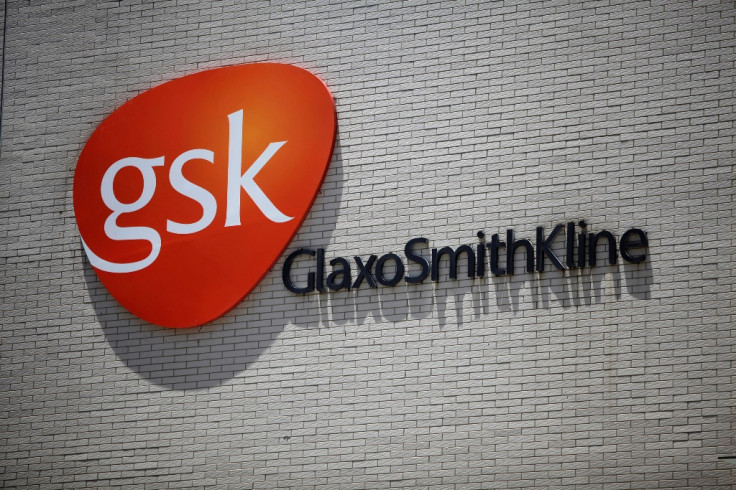Coronavirus vaccine candidates from GlaxoSmithKline, Sanofi begin clinical trials
As with other vaccine candidates, if the outcome of the first two phases is acceptable, the final phase might be scheduled before the end of 2020.
It looks like the Operation Warp Speed initiative from the United States government had a dramatic effect on the development of a coronavirus vaccine. In fact, there are already three candidates that have begun phase III trials: Pfizer, Moderna, and AstraZeneca. AstraZeneca is the latest biotech firm to do so as the world hopes to hear favourable results from these experiments. Now, another two – GlaxoSmithKline and Sanofi Pasteur – are all set to begin clinical tests for their respective jabs.
Although others are already ahead of the two, it remains to be seen if the findings are positive. Nevertheless, considering the uncertainty of effectiveness against the 2019 novel coronavirus, the more potential candidates there are the better. The two pharmaceutical firms have already recruited 440 healthy individuals in the United States, reports the Independent. The trials will be conducted across 11 sites with the results expected to become available by December.
As with other vaccine candidates, if the outcome of the first two phases is acceptable, the final phase might be scheduled before the end of 2020. Depending on the jab's safety and performance against SARS-CoV-2 it will submit a request for regulatory approval around the first few months of 2021. The vaccine from GlaxoSmithKline and Sanofi Pasteur uses the latter's DNA-based technology for the production of its seasonal flu immunisation.
"Moving this vaccine candidate into clinical development is an important moment in the progress towards addressing the global pandemic we are all facing," said GlaxoSmithKline Vaccines president Roger Connor. "This builds on the confidence shown by governments already in the potential of this protein-based adjuvanted vaccine candidate, which utilises established technology from both companies, and can be produced at scale by two of the leading vaccine manufacturers globally."
So far, preliminary results from several coronavirus vaccine studies were positive. Researchers confirm that volunteers only complained about minor side effects such as headaches and fevers. Moreover, blood tests show that the inoculations produced the desired immune response, wherein antibodies that would potentially prevent infections were present.

As such, the world's leading specialists have been calling for the approval of human challenge trials. This controversial process requires that volunteers must be intentionally exposed to the 2019 nCoV in a laboratory-controlled scenario. Unfortunately, the unavailability of treatment for COVID-19 is deterring regulators from approving it.
© Copyright IBTimes 2025. All rights reserved.





















